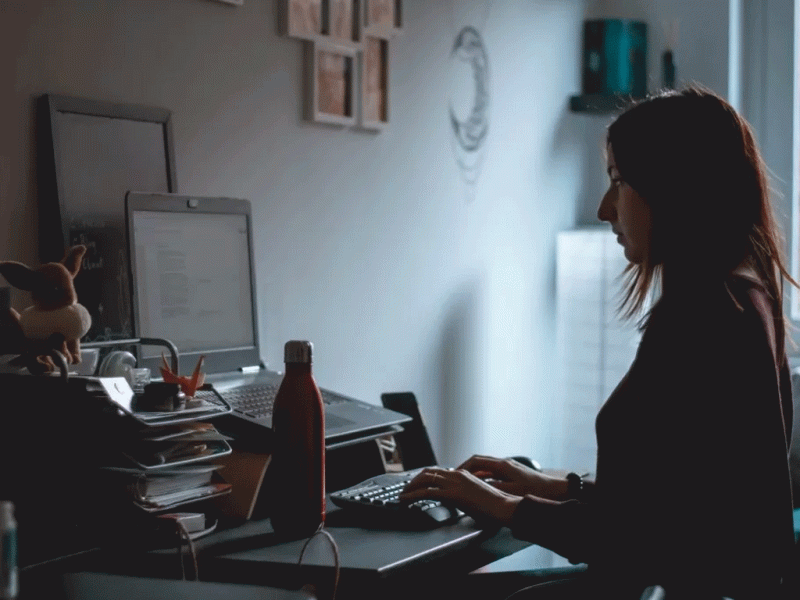There is nothing certain about 2020 except that it will be used in future business school lectures to demonstrate just how uncertain the market can be, and how important it is for businesses to be prepared.
If you run your own business you are not just exposed to your own vulnerability to coronavirus, but to the economic contagion it has sparked. Small businesses across the UK are putting grand plans for the year on hold and focusing instead on survival over the next few months.
So how do you cope with this level of uncertainty and the declining consumer demand, which is affecting many sectors like events, hospitality and travel? And how do you keep business as usual, with potentially many staff off sick, in isolation or with more caring responsibilities?
While coronavirus is unprecedented, this isn’t the first economic shock that small businesses have faced head-on and it won’t be the last. From flooding, to cyber-attacks, there are so many events that can affect continuity.
Business case studies will undoubtedly be written in the future about how coronavirus caused demand to collapse, global supply chains to unravel and consumer and business confidence to nose-dive. But they will also tell stories of survival, how many small businesses came out fighting, how strength and resilience bred adaptation and opportunity.
Cutting costs
Of course, for many small businesses on the frontline, the onus will need to be on shedding fixed costs quickly to help to sustain things, whilst avoiding losing good people wherever possible.
Hopefully the UK government’s portfolio of measures in the recent Budget – from sick pay rebates and the discounting of business rates to zero, to cash injections and cheap loans – will give businesses a boost and a lifeline, throughout what is hoped is a temporary period of downturn.
Action planning
What else can small firms do? Just like public health authorities have phased contingency plans, small businesses need to react fast and develop proactive action plans to face struggles head on. This can of course be harder, as they don’t always have the contingency plans, or alternative supply chains to fall back on, that bigger businesses do.
However, small businesses do have the advantage of being better placed to pivot and adapt with agility. Whether this is finding ways to diversify, open up alternative sales channels and routes to market like online, or tapping into new consumer trends and demands.
Support
To adapt in this way small businesses need to build resilience and draw upon expertise in areas where they may lack skills, from marketing and cash flow, to business continuity and digital.
The good news is there is a huge wealth of support and advice out there, and a lot of it is online, but not enough SMEs know about the ways they can tap into this.
For example, business schools, particularly those with Small Business Charter (SBC) status, can offer training and advice, backed up by world-leading research, in areas like how to develop contingency plans and how to strengthen business skills in periods of downtime, such as by building leadership, management and digital capability. The SBC recently launched a free programme to help microbusinesses embrace new technologies for growth, called Leading to Grow.
Positive Power
One of the most challenging aspects of this pandemic is that it is forcing us to keep our physical distance from each other, which can have all kinds of negative impacts on motivation and morale.
The businesses that succeed will be those that manage to retain connection with people at a time when we are all fearing, yet craving closeness. This might be by setting up an online network, coming up with ways to help communities during times of social distancing, or mastering the art of bringing teams and ideas together virtually.
Things are undoubtedly tough and this will test the mettle of everyone. Keeping motivated and positive cannot be underestimated. We are all in this together, after all.
By Henning von Spreckelsen, Small Business Charter Board Member and Director of Plastecowood and Bluefin LED.
This article was originally published on Startacus, an online platform for startups and entrepreneurs.
